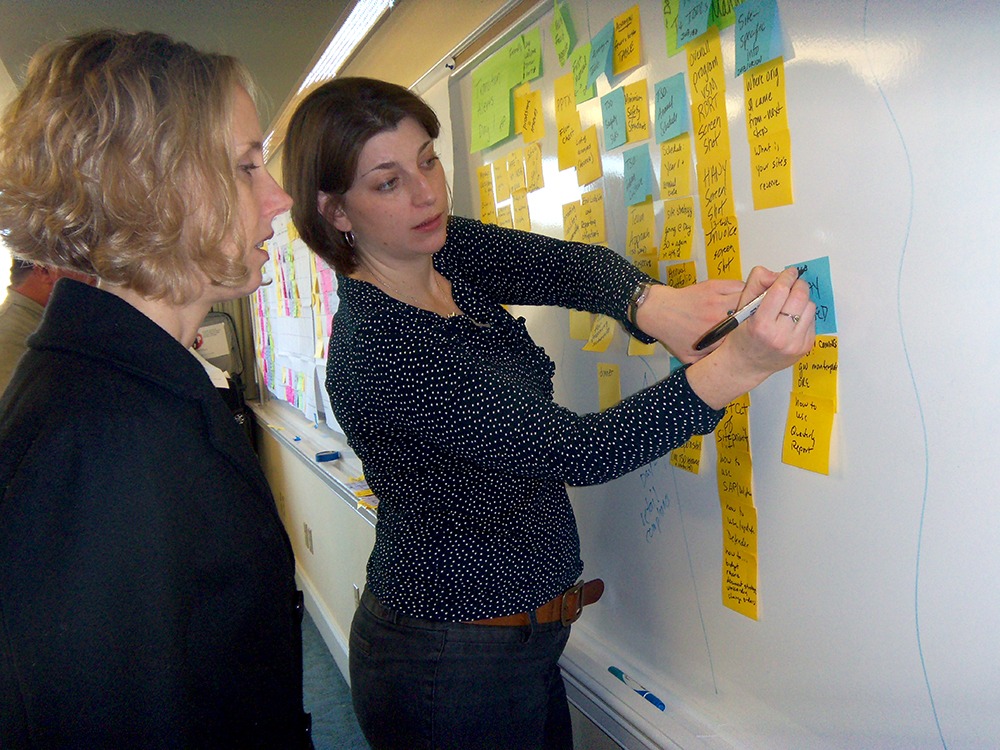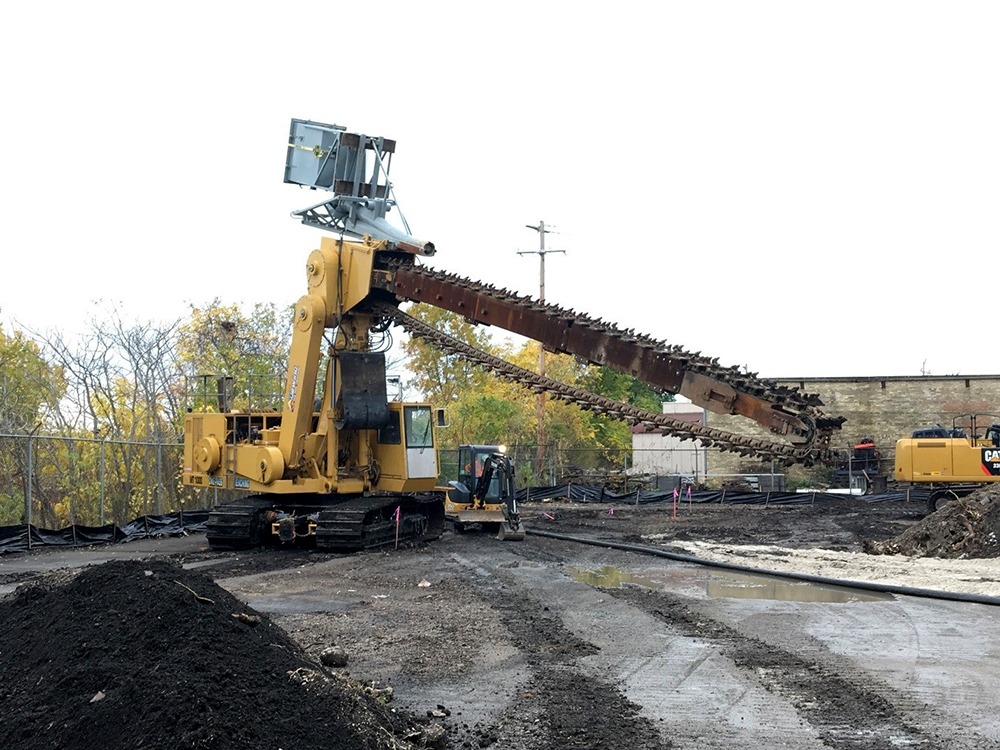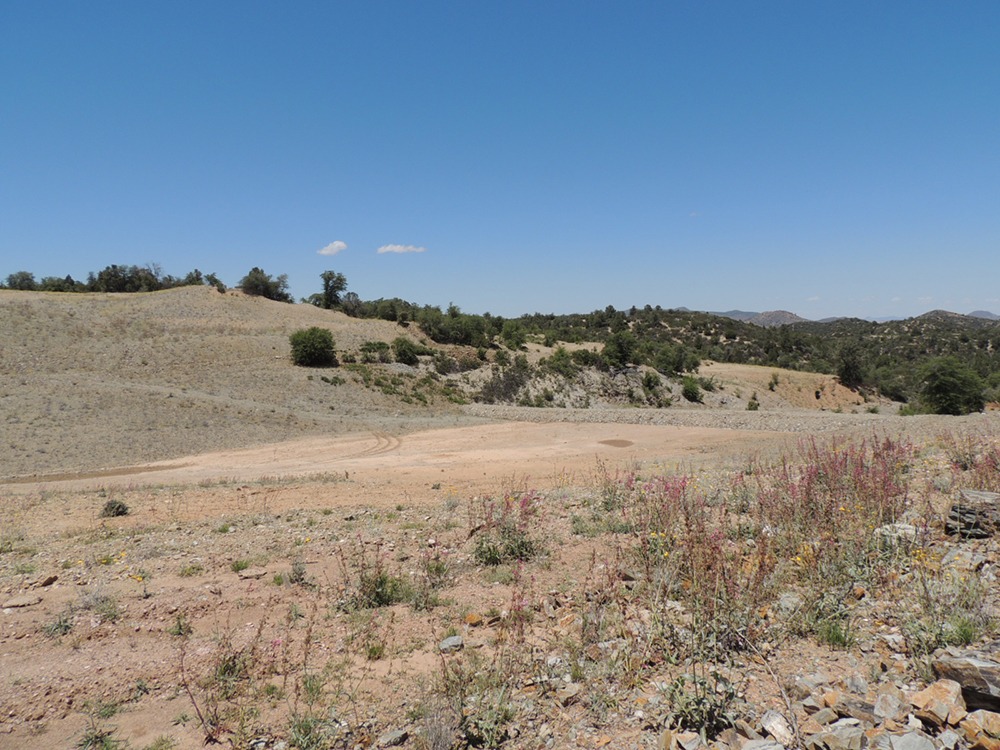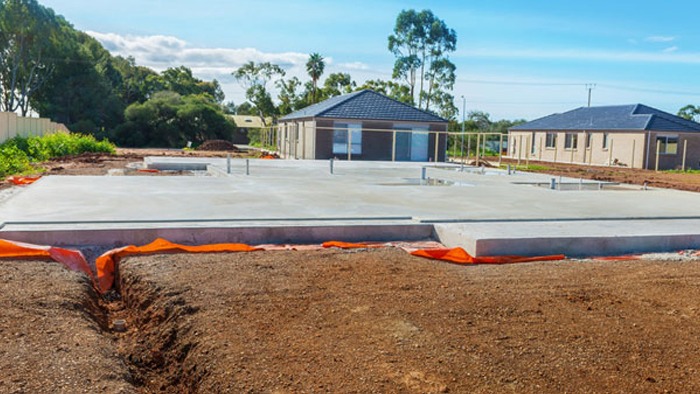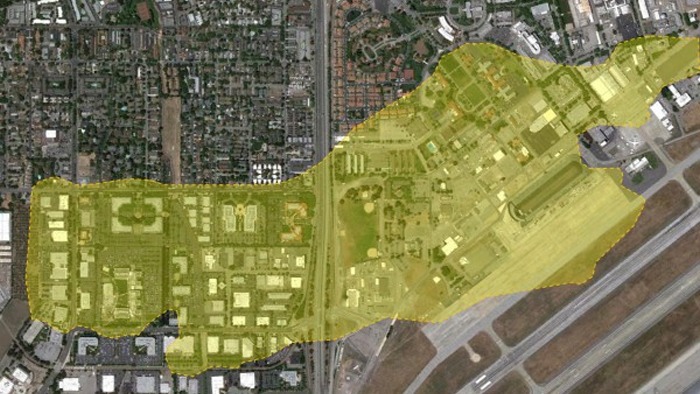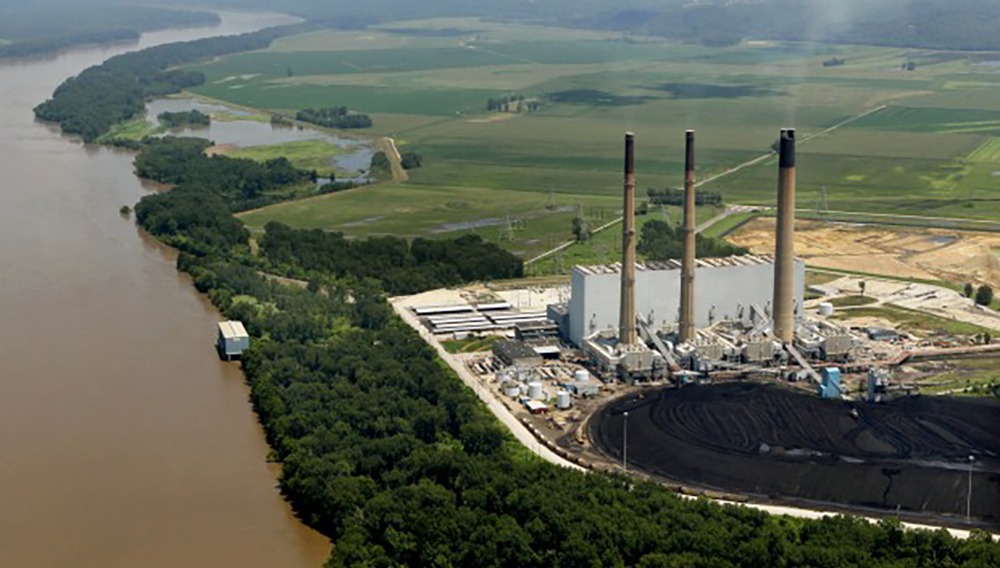
Energy
Our evaluation assures community and regulators that coal ash posed no health risk
Summary
- Haley & Aldrich found a data-driven resolution to an emotionally charged dispute between power company Ameren and the community near one of its power plants.
- To address concerns that coal ash from Ameren’s plant was impacting nearby water sources, our well-respected coal ash and risk assessment experts conducted rigorous monitoring and testing of wells, groundwater, and surface water. The data definitively indicated no adverse impacts on human health or the environment from coal ash.
- We summarized our findings in easy-to-understand reports and presentations, helping Ameren secure the permitting to keep operating its plant.
- We also helped Ameren develop a standard risk evaluation for use at other facilities.
Client challenge
Ameren fell under the scrutiny of environmental nongovernmental organizations (ENGOs) and the public that opposed their coal ash management operations at one of their facilities in Missouri. The ENGOs created a negative perception in the community that coal ash was impacting nearby drinking water and water sources, despite lacking evidence. The ENGOs proposed remedies that would likely be more costly than what was necessary.
Haley & Aldrich’s coal ash and risk assessment experts are known for providing technically sound and scientifically defensible risk evaluations. Ameren has trusted Haley & Aldrich on projects requiring community involvement and technical support. They appreciated our commitment to go above and beyond when representing their company publicly and advocating on their behalf for fact-based solutions, so they asked us to partner with them to address the ENGOs’ claims.
Our approach
Haley & Aldrich’s approach to risk assessment is to be technically sound and scientifically defensible. For this project, our team began by evaluating the power plant and nearby water resources, knowing that we had to generate hard data that could stand up to rigorous scientific review and public scrutiny.
We identified areas near private drinking water wells to place monitoring wells and tested groundwater quality. We used these data as well as groundwater data for the power plant to conduct risk evaluations using a series of comparisons to screen for constituents in groundwater. We provided guidance on where to test surface water adjacent to the facility — including upstream, adjacent, and downstream of the facility — so we could understand if there were impacts to surface water. The results definitively indicated no adverse impacts on human health or the environment from either surface water or groundwater uses resulting from the coal ash management practices at the power plant.
Summarizing these data in clear and defensible reports, we helped Ameren successfully defend their practices. We represented and advocated for Ameren in public forums, providing technical support and expert opinions, presenting the information at often emotionally charged public and local government meetings, and addressing concerns from community members and regulators. Our presentation of information ultimately allowed Ameren to achieve the permitting needed to keep the facility operating.
Due to the success of this approach, we worked with Ameren to develop a risk evaluation template to investigate their three other power plants. This allowed Ameren to proactively get ahead of potential future litigation and contentious public scenarios. These evaluations were used to complete corrective measures assessments and comply with the federal Coal Combustion Residuals Rule.
Value delivered
- Proved coal ash management practices were not impacting water resources
- Provided the community with easy-to-understand scientific facts in presentations and fact sheets
- Helped Ameren obtain an important permit, as a result of our experts’ advocacy, testimony, and technical support
- Developed a standard risk evaluation approach and replicated that at three other facilities, reducing risk for future ENGO and public
For more information, contact:

Principal Consultant, Risk Assessment



